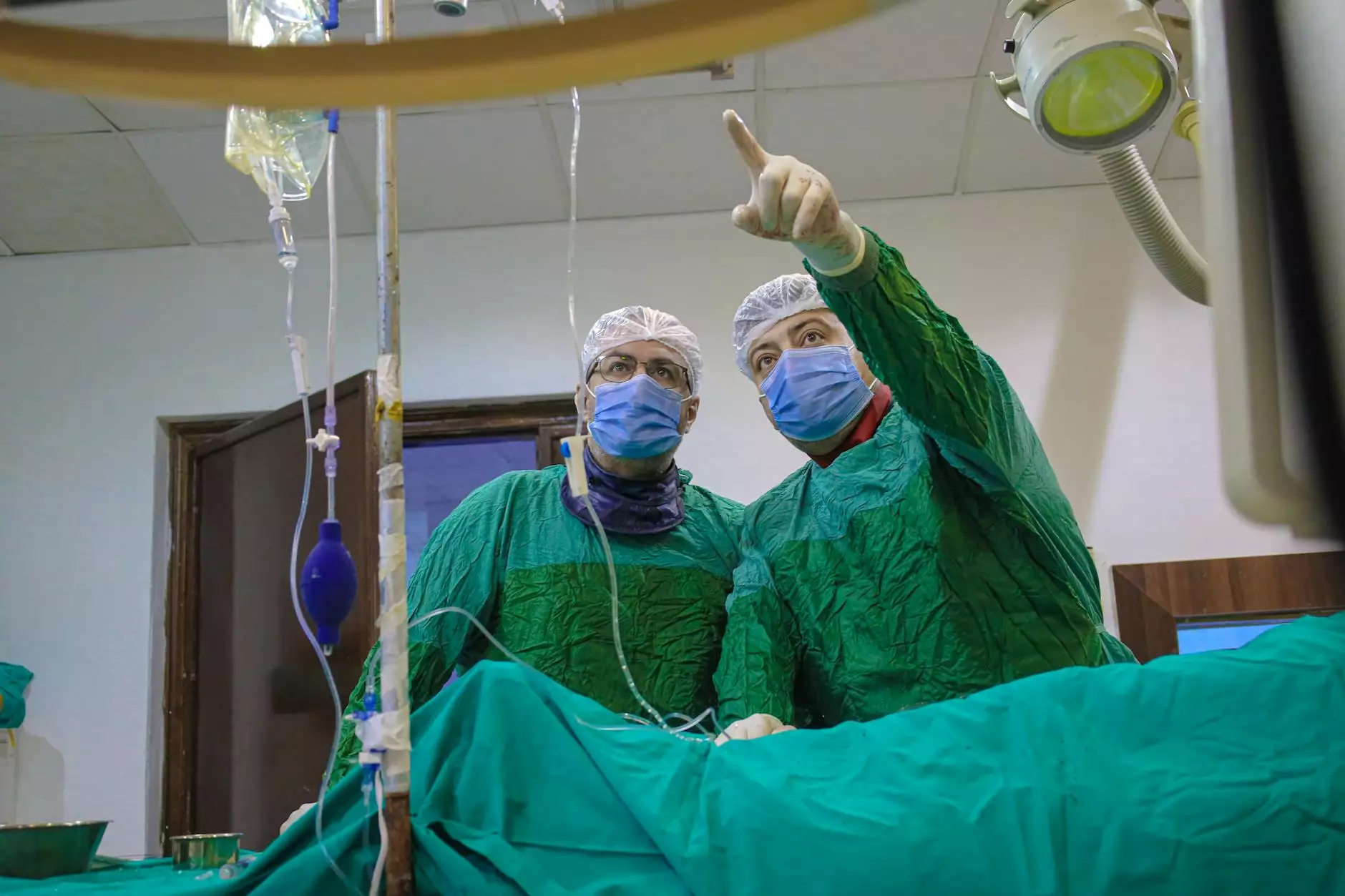Understanding the Role of Doctors Specialists in Surgical and Trauma Care

The field of medicine encompasses a wide range of specialties, each tailored to address specific health challenges. Among these, the roles played by doctors specialists in surgical and trauma care are perhaps some of the most critical in ensuring patient safety and recovery. This article delves deep into the intricacies of surgical and trauma specialists, their significance, qualifications, and how they make a difference in the healthcare landscape.
What is Surgical and Trauma Care?
Surgical care refers to medical procedures that require an incision to address a specific health issue, such as disease, injury, or deformity. Trauma care, on the other hand, deals with the immediate treatment and stabilization of patients suffering from severe injuries, often resulting from accidents or violent incidents. Together, these specialties form a vital part of emergency medicine and critical care.
The Importance of Timely Intervention
In both surgical and trauma cases, time is of the essence. The quicker a healthcare provider can assess and treat a patient, the better the chances of survival and recovery. This highlights the necessity of having trained doctors specialists in surgical and trauma positions, who can make rapid decisions and perform life-saving procedures.
Qualifications of Surgical and Trauma Specialists
Becoming a doctor specialist in surgical and trauma involves extensive education and training. Below are the necessary steps:
- Undergraduate Degree: Typically a four-year degree in a relevant field, often in the sciences.
- Medical School: A rigorous four-year program leading to a medical degree (MD or DO).
- Residency Training: A minimum of 5 years in a surgical residency program, which may include rotations in trauma care.
- Fellowship (optional): Advanced training in a sub-specialty of surgery or trauma care.
- Board Certification: Passing the relevant exams to become board-certified in surgical or trauma medicine.
Areas of Specialization within Surgical and Trauma Care
Doctors specializing in this field may focus on various areas, including but not limited to:
- General Surgery: Managing a broad range of surgical conditions.
- Orthopedic Surgery: Treating musculoskeletal injuries.
- Neurosurgery: Addressing conditions involving the nervous system.
- Pediatric Surgery: Specialized surgical care for children.
- Trauma Surgery: Immediate surgical intervention for traumatic injuries.
The Patient Experience: What to Expect
For patients seeking the expertise of doctors specialists in surgical and trauma, understanding the process can alleviate some of the anxiety associated with surgical procedures. Here’s what a typical experience may entail:
Consultation
During the initial consultation, the doctor will:
- Review the patient’s medical history.
- Conduct a thorough physical examination.
- Discuss the need for surgical intervention or trauma care.
- Explain the risks and benefits of the proposed procedure.
Preoperative Preparation
Preparation may involve various steps including:
- Preoperative exams and tests to ensure the patient is fit for surgery.
- Instructions about fasting and medication management.
- Arranging for post-surgery support and care.
The Surgical Procedure
On the day of the procedure:
- The patient will be checked in and prepared in a sterile environment.
- Anesthesia will be administered by specialists to ensure comfort.
- The surgical team will perform the procedure according to the plan discussed.
Postoperative Recovery
Recovery protocols include:
- Monitoring in the recovery room for vital signs and overall condition.
- Pain management and wound care instructions.
- Follow-up appointments to assess healing progress.
Choosing the Right Specialist for Surgical and Trauma Care
When faced with the need for surgical or trauma care, making the right choice in selecting a doctor is crucial. Consider the following:
Credentials
Always check the credentials, including board certification and years of experience in specific surgical fields.
Hospital Affiliations
Research the hospitals and clinics where the doctor practices to ensure they have a good reputation for surgical and trauma care.
Patient Reviews
Look for patient testimonials or online reviews to gauge satisfaction with the specialist's care.
Personal Rapport
It’s important to feel comfortable with your doctor. Schedule a consultation to assess communication and care philosophy.
The Future of Surgical and Trauma Care
The field of surgical and trauma care is continuously evolving. Recent advances include:
- Minimally Invasive Techniques: Technologies such as laparoscopic and robotic surgery minimize recovery time and complications.
- Enhanced Recovery Protocols: Systems designed to improve recovery speed and reduce hospital stays.
- Telemedicine: Consultation and follow-up care via virtual platforms make specialist care more accessible.
- Advanced Imaging: Innovations like 3D imaging improve preoperative planning and surgical outcomes.
Conclusion
In conclusion, the role of doctors specialists in surgical and trauma cannot be overstated. Their expertise not only saves lives but also enhances the quality of care provided during some of the most critical moments in a patient’s life. It is essential for patients to understand the pathways to finding the right specialist who can provide the necessary surgical and trauma care tailored to their needs. By staying informed about this vital aspect of healthcare, individuals can make empowered decisions regarding their medical care.
doctors specialists surgical and trauma








